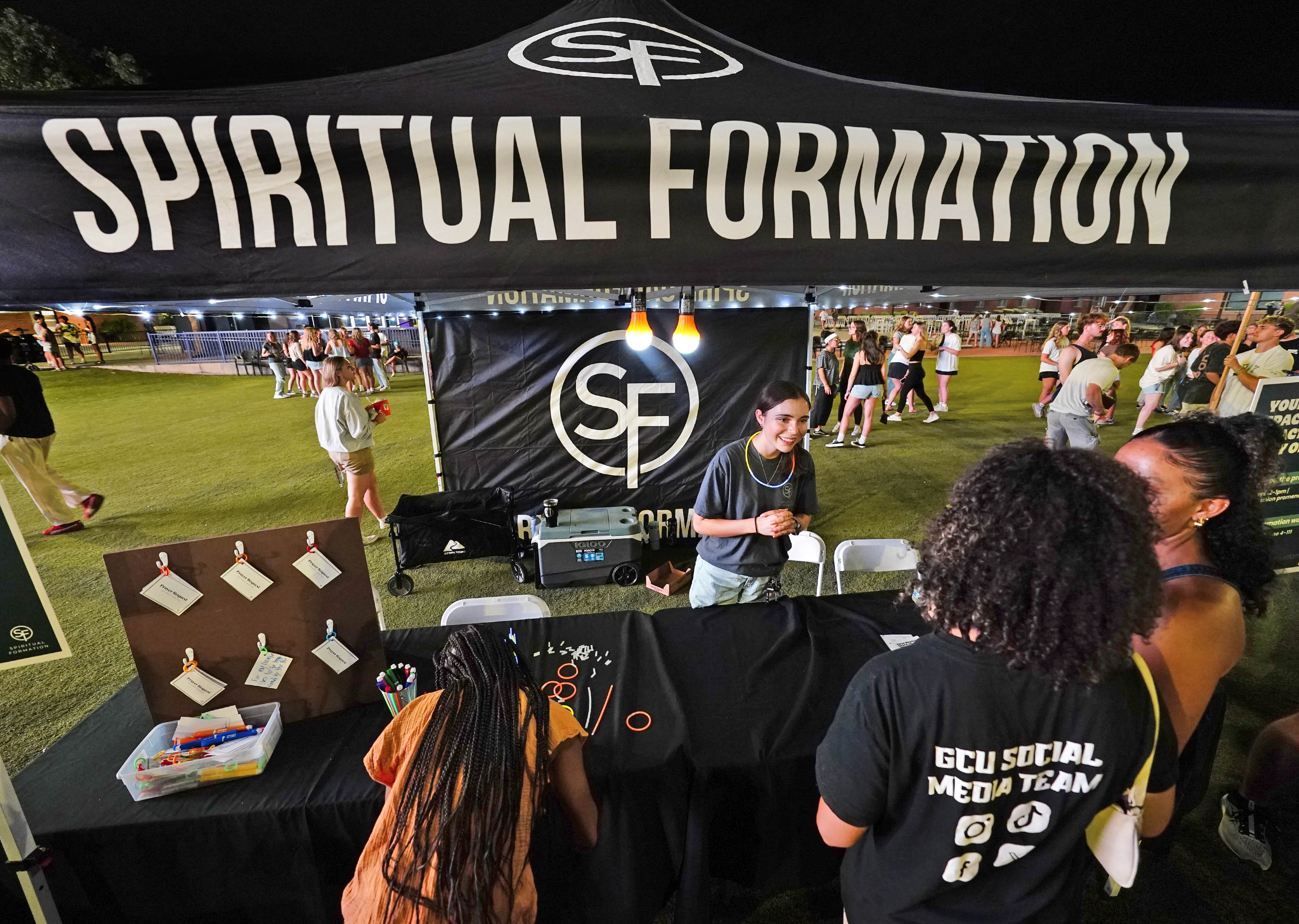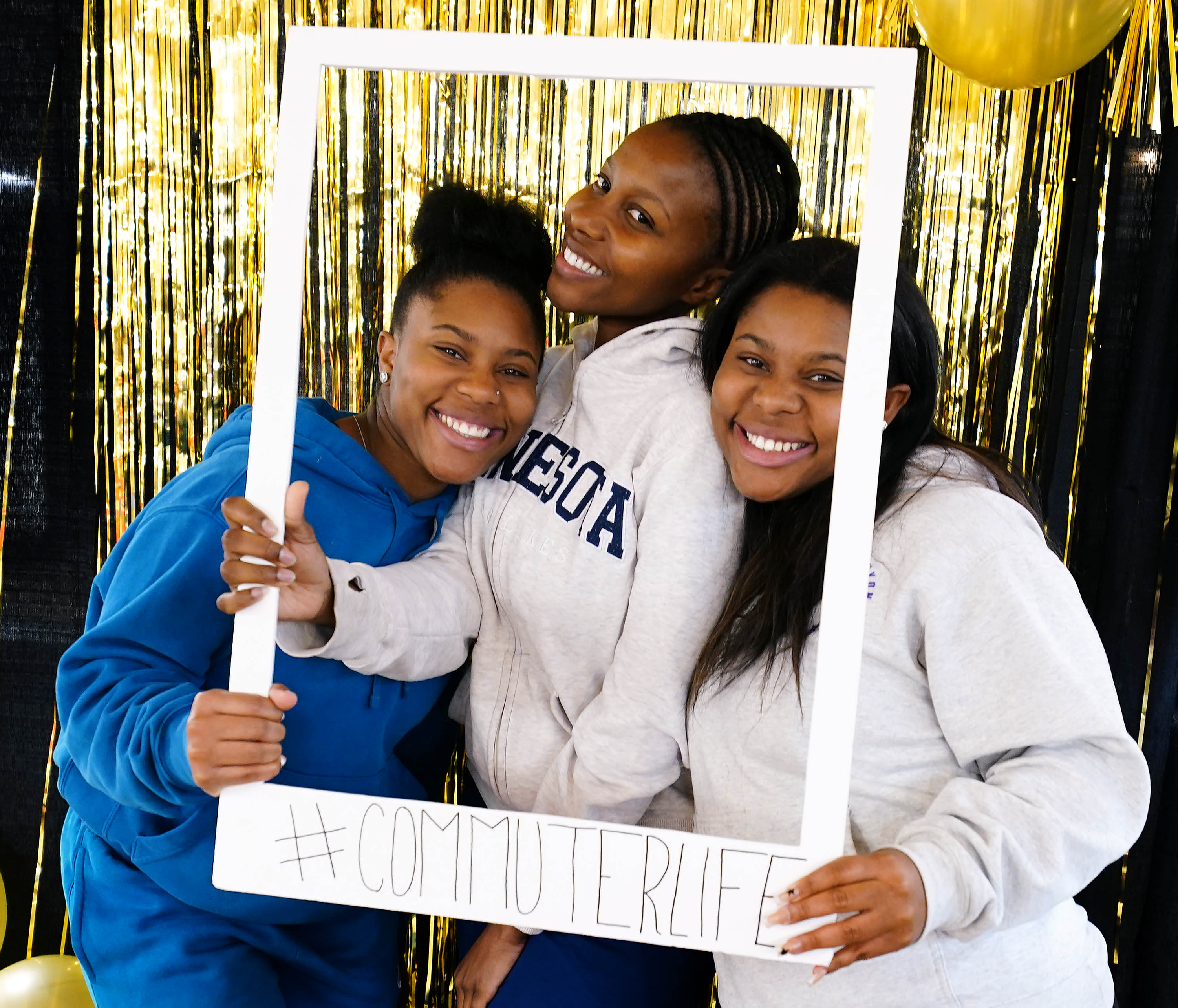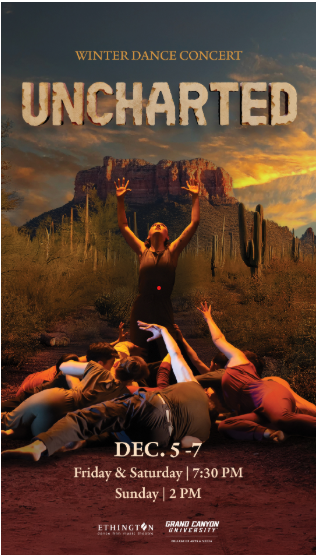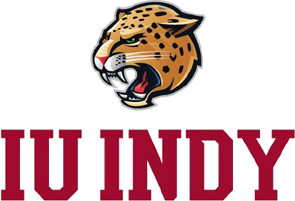
By Rick Vacek
GCU News Bureau
All the talk about diversity and culture these days is hardly anything new. It’s all right there in the Bible.
Emma Tautolo of Athletes in Action brought that important message to Chapel on Monday morning at Grand Canyon University Arena, and she spoke from first-hand experience with divergent ethnicities: Her father is Samoan and her mother is Caucasian.
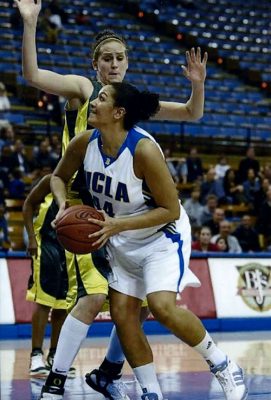
The former basketball player at UCLA told of how she shared the details of a family disagreement with two groups of people, and their responses were polar opposites: Her white friends all told her that her reaction was wrong, and her non-white friends all told her she was right.
It troubled Tautolo so much, she felt compelled to explore the diversity issue as it pertains to the Christian life.
“What does this look like in discipleship to be confirmed to the image of Christ in a multi-cultural, multi-ethnic, multi-everything world?” she wondered. “It sounds so simple, but I knew from my own life it wasn’t that simple.
“And so can we come together and can we celebrate and preserve all that we are so that we are all enriched by one another, or do we have to become some type of blended stew where we’re simmered down so that you can’t really taste any super-distinct differences?”
The Biblical model for this issue, Tautolo said, is Paul, a Jew who became the apostle to the Gentiles.
The many cultures of those times were in full evidence in Acts 16:1-3 when Paul insisted that Timothy, the product of a biracial marriage (his father was Greek, his mother Jewish), be circumcised, as per Jewish tradition. But in Galatians 2:1-5, Paul vehemently refused to let Titus, a pure Greek, be circumcised.
Tautolo wondered why that was. Her conclusion: Timothy’s circumcision “confirmed and embraced his bicultural identity and further acknowledged his deep history with his Jewish heritage,” and “circumcising Titus would have jeopardized the truth of the Gospel.”
In short, Timothy became a Jew to reach the Jews (1 Cor 9:20).
“Embracing his ethnic and cultural identity more fully prepared him for the ministry that God was calling him to,” Tautolo said. “… It’s a great picture of how the Bible pushes us cross-culturally. The Bible isn’t talking about politically defined nations. The Bible is talking about people groups.”
It’s a discussion that’s highly appropriate today as the number of people groups keeps expanding. Tautolo closed her talk with these thoughts:
“God doesn’t just want to use what we get when we come to Christ. He doesn’t just want to use the knowledge or the training or the super-spiritual parts of us. He wants to use all of us. He wants to use our ethnic background. Our skin color. Our culture. Our family history, as messy or not as it is. Our experiences. Our unique perspectives."
And:
“Something that I’ve learned in this journey for me is that race and culture and power and justice, these issues are thick in Scripture, these issues are thick in the word of God. But I don’t think we’re always taught or trained to read the Bible through a lens to see and understand all the implications that are rooted in race and culture and power and ethnicity, but they’re there."
And, finally:
“If my life is pretty homogenous, of course I can still follow Jesus — of course I can be passionate about the things that God is passionate about. But I will miss out on a more complete picture of who He is, of who our great and mighty God is. And I’m not willing to miss out on the full picture of who my God is by missing out on His people.”
● For a replay of Tautolo’s talk, click here.
● Next Monday’s Chapel speaker will be Dr. Tim Griffin, GCU pastor and dean of students.
Contact Rick Vacek at (602) 639-8203 or [email protected].


